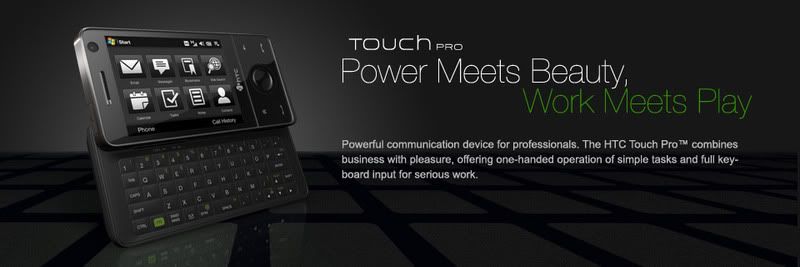SAN FRANCISCO - Internet giant Google unveiled its second branded smartphone, the "Nexus S" made by South Korea's Samsung.
Google said the Nexus S, which comes nearly a year after the Nexus One, which was a critical success if not a huge commercial hit, is powered by the latest version of Google's Android mobile operating system, "Gingerbread."
Google vice president of engineering Andy Rubin said the Nexus S would be the first Android device to ship with the new version of the Android platform, used by handset makers around the world.
It will be available in the United States from December 16 from Best Buy stores and from December 20 at Carphone Warehouse and Best Buy retailers in Britain, Rubin said in a blog post.
The Nexus S is available in the United States with a service plan from US wireless carrier T-Mobile or "unlocked," Rubin said.
It is not clear how long it will take the Nexus S to be released in New Zealand, or if it will be at all. Google's old HTC-based model, Nexus One, is still available through Vodafone NZ.
"Nexus S delivers what we call a 'pure Google' experience: unlocked, unfiltered access to the best Google mobile services and the latest and greatest Android releases and updates," he said.
The touchscreen Nexus S features a 1GHz Hummingbird processor, front and rear facing cameras and 16 gigabytes of internal memory.
It is also equipped with near field communication (NFC) hardware that turns the device into a virtual wallet, allowing users to "tap and pay" for financial transactions.
NFC chips store personal data that can be transmitted to readers, say at a shop checkout stand, by tapping a handset on a pad.
Google chief executive Eric Schmidt said last month that he expects the tap-and-pay mobile technology to "eventually replace credit cards."
Google launched the Nexus One in January of last year in a bid to challenge Apple's iPhone and the Blackberry from Canada's Research in Motion but closed its online store offering the device just four months later.
NZHerald via AFP
















